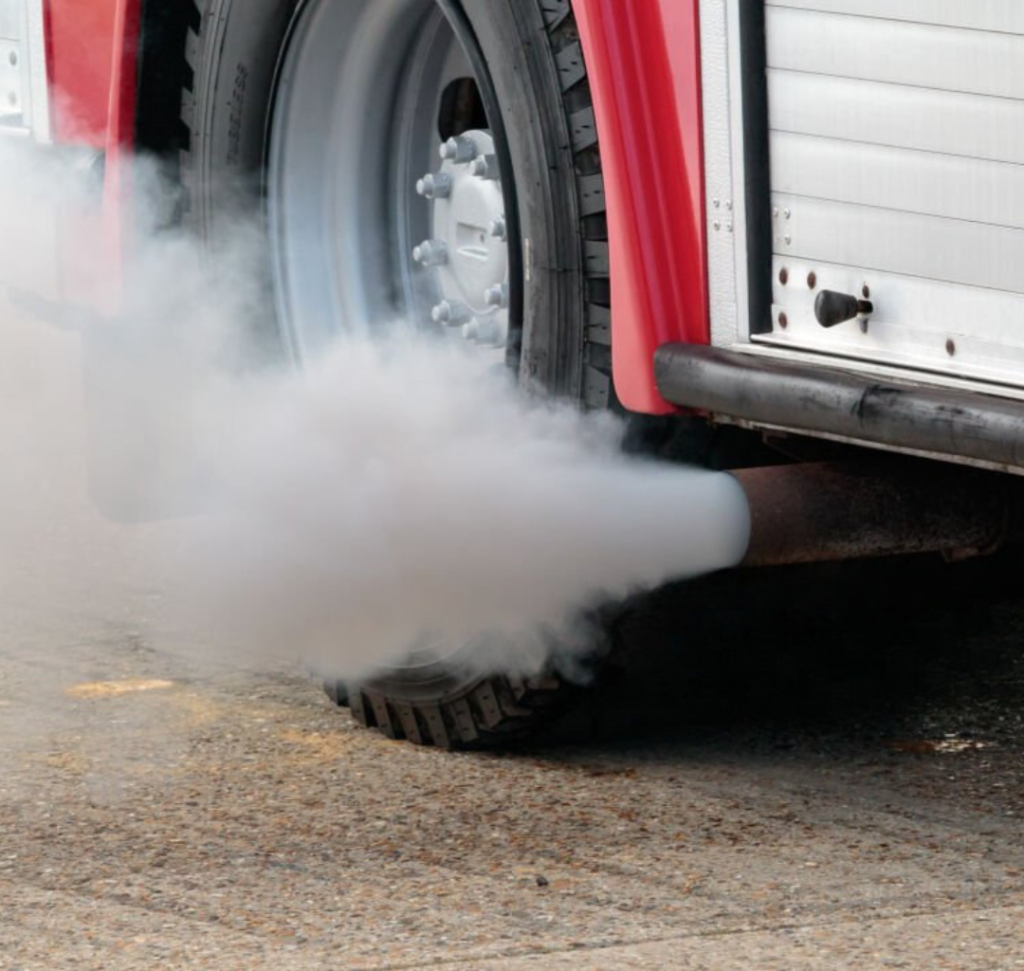Diesel Freak, LLC sentenced to pay $75,000 for disabling emission control devices.
In a recent verdict, a diesel engine repair and electronic component modification workshop based in Michigan has been ordered to pay a substantial fine of $750,000 for its involvement in an illicit scheme involving disabling emission control devices on hundreds of trucks over a period of three years.
The office of the Federal Prosecutor for the Western District of Michigan, led by Mark Totten, announced on February 23rd that Diesel Freak, LLC, located in Gaylord, Michigan, along with several individuals, was found guilty of violating the Clean Air Act by collaborating in a scheme to disable emission control systems on semi-trucks.
Ryan Lalon, company’s owner, and two employees, Wade Lalone and James Sisson, were sentenced to one year of probation. The company and the defendants admitted their guilt in conspiring to violate the Clean Air Act.

This case was highlighted by officials as one of the largest of its kind in the United States. The $750,000 fine imposed is the highest in this case, which in total accrued fines of over $1.8 million. Mark Totten, the federal prosecutor, emphasized in a statement that this case sends a clear message that those who violate environmental laws will be held accountable. He underscored the importance of environmental regulations in protecting public health and preserving the environment.
According to the US Attorney’s Office, between 2015 and 2018, Diesel Freak carried out electronic modifications to onboard diagnostic systems, allowing diesel engines to operate without environmental restrictions, resulting in pollution above legal limits.
The importance of compliance with the Clean Air Act
Manipulating or removing emission controls can result in a significant increase in harmful substances in vehicle exhaust, such as nitrogen oxides, particulate matter, carbon monoxide, and non-methane hydrocarbons, with associated serious health risks.
Lisa Matovic, Acting Special Agent in Charge of the Criminal Investigation Division of the US Environmental Protection Agency, highlighted that exposure to diesel exhaust gasses can cause serious health problems and contribute to poor air quality, emphasizing the defendants’ negligence in considering these risks for the sake of economic gain.
In October 2023, a pair of transportation companies in Grand Rapids were ordered to pay a fine of $500,000 and serve one year of probation as part of the same investigation.

The story of the first car race in Paris: a historic hit in 1894
Paris stands not only as a cultural and artistic epicenter but also as a pioneer in car racing In the history of automotive racing, Paris

Top states for driving in the United States in 2024
A WalletHub study compared all 50 states to determine the best driving conditions Road safety and quality are central concerns for drivers. And while the

Briefs: marijuana reclassification, vehicle fees, and climate grants
The trucking industry goes through new legislation, taxes and subsidies Questions about the proposed reclassification of marijuana The Owner-Operator Independent Drivers Association (OOIDA) supports the

Impact of traffic pollution: study reveals increase in blood pressure
A study from the University of Washington in Seattle reveals that the main cause of significant increases in blood pressure might be traffic-related gasses A

The benefits and careers of a Commercial Driver’s License
Having a CDL opens multiple doors within the trucking and transportation industry Having a Commercial Driver’s License (CDL) opens multiple doors within the trucking industry,

Sharing the road with a truck: steps to ensure your safety
Caution around blind spots and anticipating truck maneuvers are essential to ensuring everyone’s safety Truck drivers face significant challenges on the road due to their
